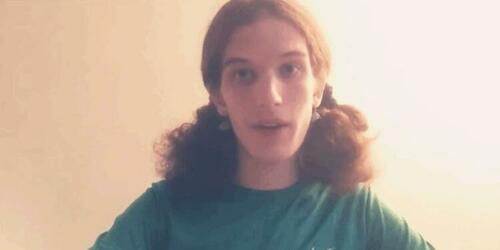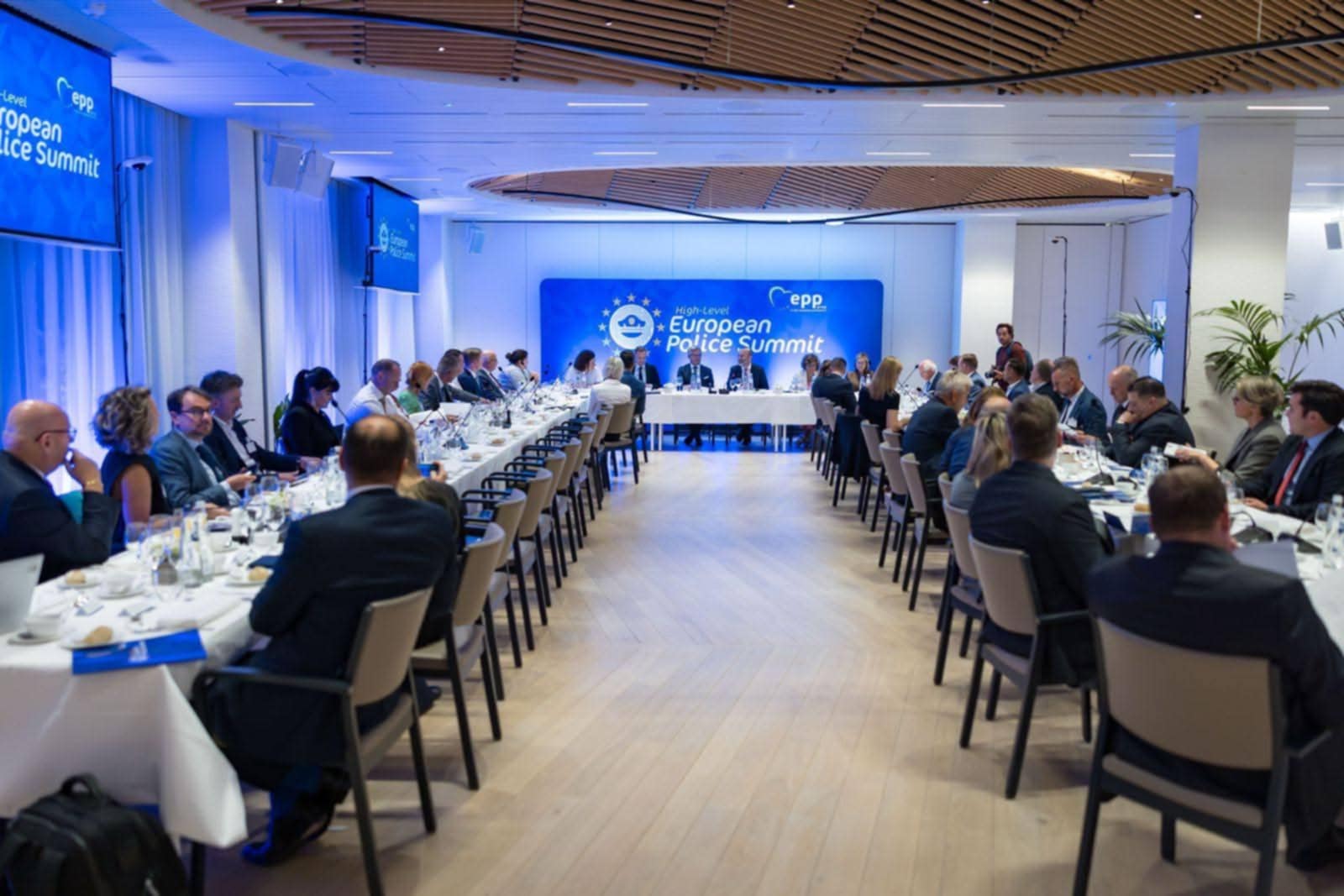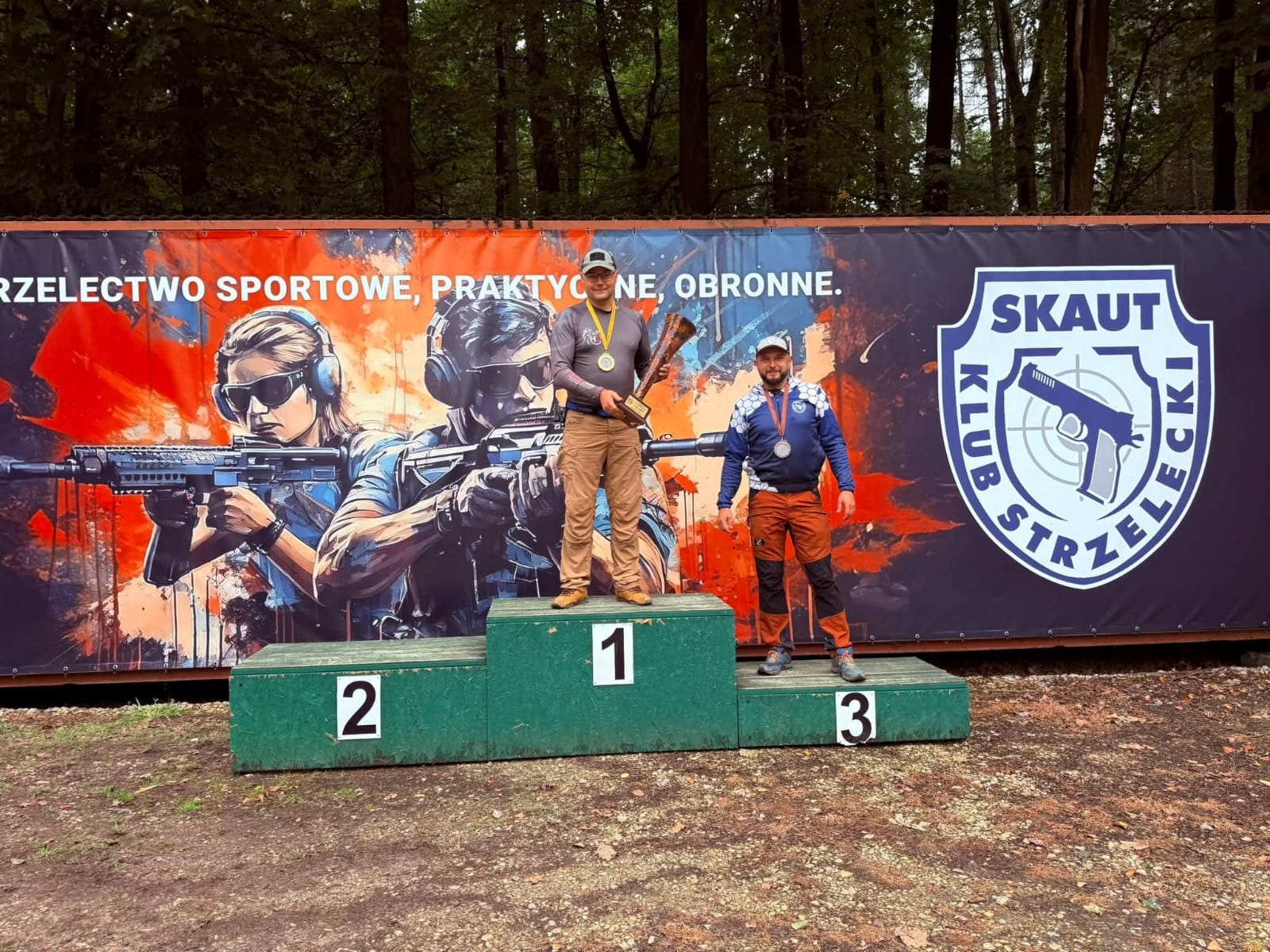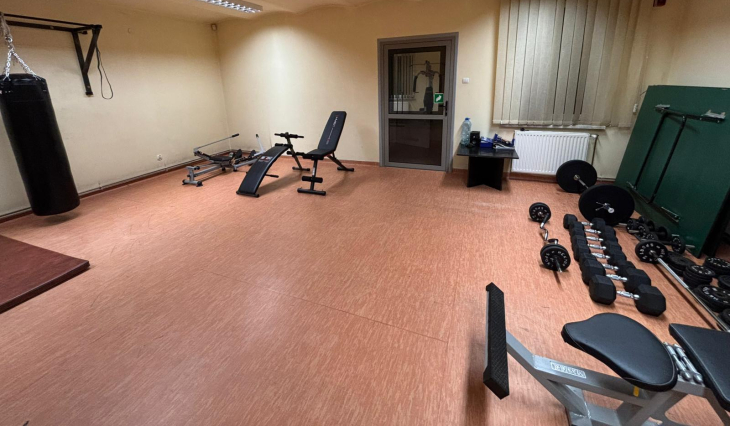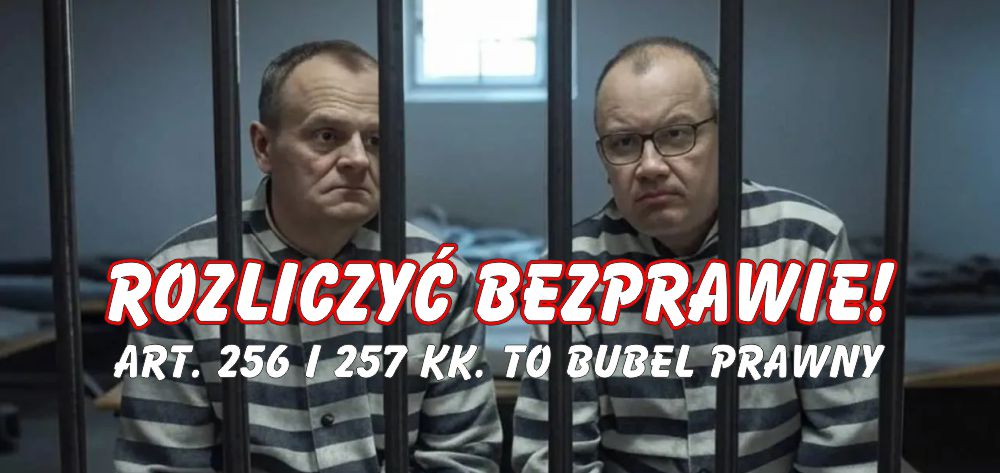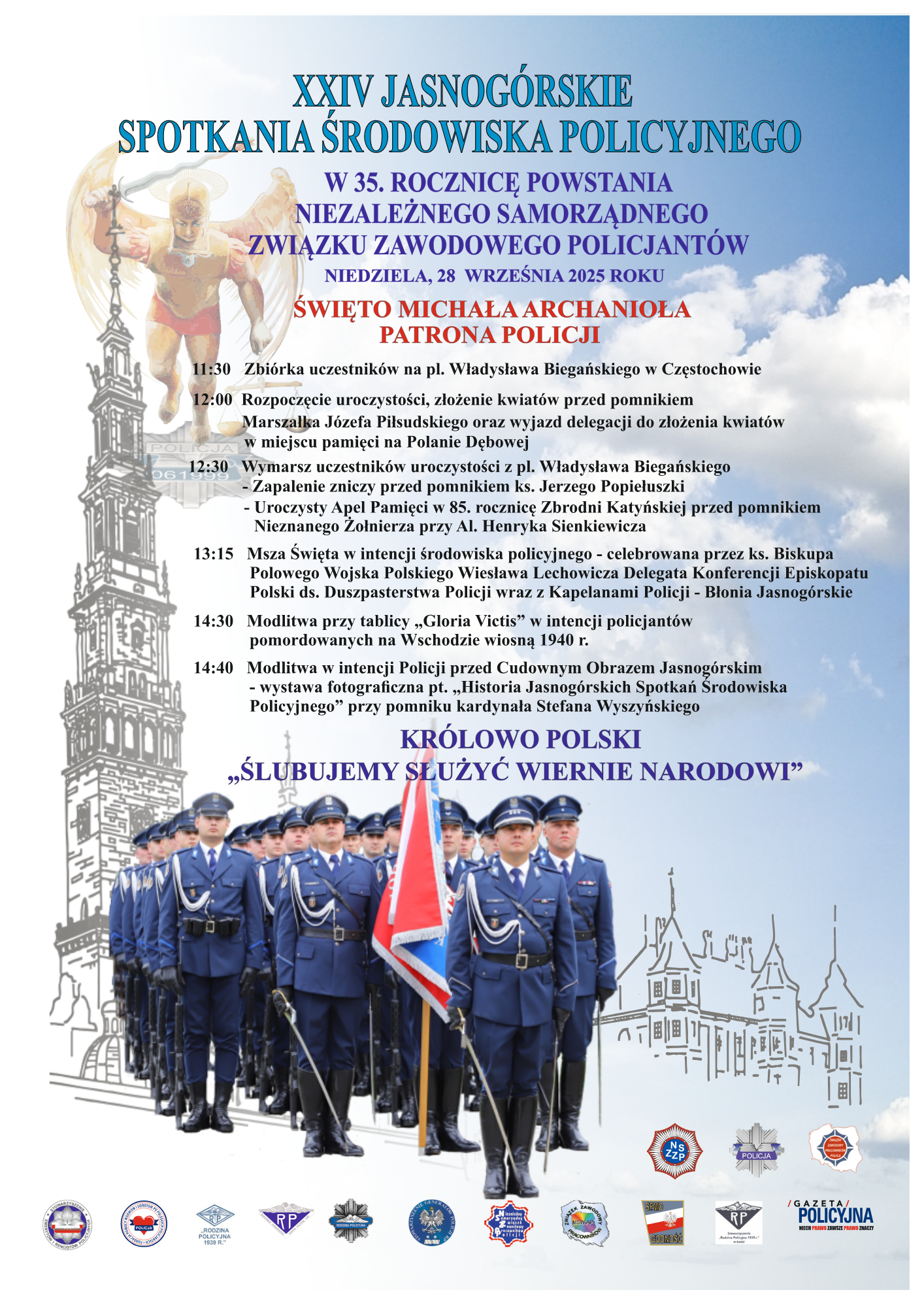The lawyer General Waldemar Żurek asked the European Parliament to waive the leader of the Confederation of the Polish Crown in connection with statements that he believed publically challenged the crimes committed in the German Nazi concentration camp Auschwitz.
Braun responded to the case in his own style: harsh, distant, undermining the intentions of the prosecution.
“It does not make me cold or warm,” he said.
During the press conference in Gdańsk, Braun referred to the prosecutor's request in a disrespectful and provocative way.
— I no longer follow those conclusions, which seem to be expanding all week, ironic.
In his opinion, this is not a legal matter, but another installment of the fight for control of public space in Poland.
— The question is whether the Polish public life will be managed by external curators deciding what is actual in past and politics," he said.
The case concerns 2 circumstantial speeches from July: the first of July 10 on Radio Wnet and the second of July 14 in the podcast "Jan Posamalski talks" on YouTube. In both cases Braun spoke on gas chambers as a tool for mass genocide in Auschwitz. These statements were met with a sharp reaction of politicians, clergymen and the Institute of National Memory, which explicitly condemned the effort to lie the past of the Holocaust.
The Attorney-General Waldemar Żurek made a request to the European Parliament asking for approval to waive the immunity of euro-word Braun, which is essential for his prosecution. Braun expressed disregard for this procedure and suggested that it was political in nature.
— How many more conclusions will this prosecutor’s office draw?” he asked, adding, “I will be happy to preach the fact as I have been, in parliaments or in courts.
In his statements, Braun did not limit himself to criticism of the prosecution. He presented his situation as part of a larger conspiracy.
— I am to be tried, judged, I understand, finely punished, just as an example for others not to be afraid to ask uncomfortable questions and not to engage in unlicensed inquiries by Jews, Ukrainians, Anglo-Saxons and a serviceful government in Warsaw," he said.
Braun tries to legitimize his actions by citing the constitution and the right to free speech.
— I accept civilized constitutional principles, freedom of speech, the right to inquiry, historical investigation and the right to print results, the conclusions of these studies," he said.
As he pointed out, the constitution guarantees this right and waits for the judicial response.
— I wonder how the prosecutors will handle it, how the judges will take it," he added.
It was not without individual comments from the lawyer General.
“ Prosecutor Żurek, in my opinion, as well as another participants in public life... commits, I believe, a delicacy consisting in exerting political force on independent prosecution in theory,” Braun said.
At the same time, he ensured that he did not intend to waive procedural responsibility.
— I will stand on all call and give an explanation — he declared.
From a legal point of view, Braun may be in violation of Article 55 of the Act on the Institute of National Memory, which penalizes public denial of crimes committed by Nazis and communists, as well as another crimes against humanity. This provision has repeatedly been criticized by the free environments for possibly limiting freedom of speech, although its supporters emphasize that it serves to defend historical memory and prevent the relativisation of totalitarian crimes.
The immunity decision now lies with the European Parliament. Before it is taken up, it will be dealt with by a legal committee which will measure whether the proposal has legal reasons and whether it does not violate the rule of protection against political persecution. Only then will Euro MPs decide by a majority whether Braun's immunity will be waived.
Regardless of the result of the vote, the substance has already become a symbol of tension between freedom of speech and work for the word. Braun claims to be fighting for the right to conduct independent investigation and to ask questions. His opponents answer that he is questioning 1 of the most crucial and best documented events in the past of the 20th century, which is exceeding the limits of the debate.



